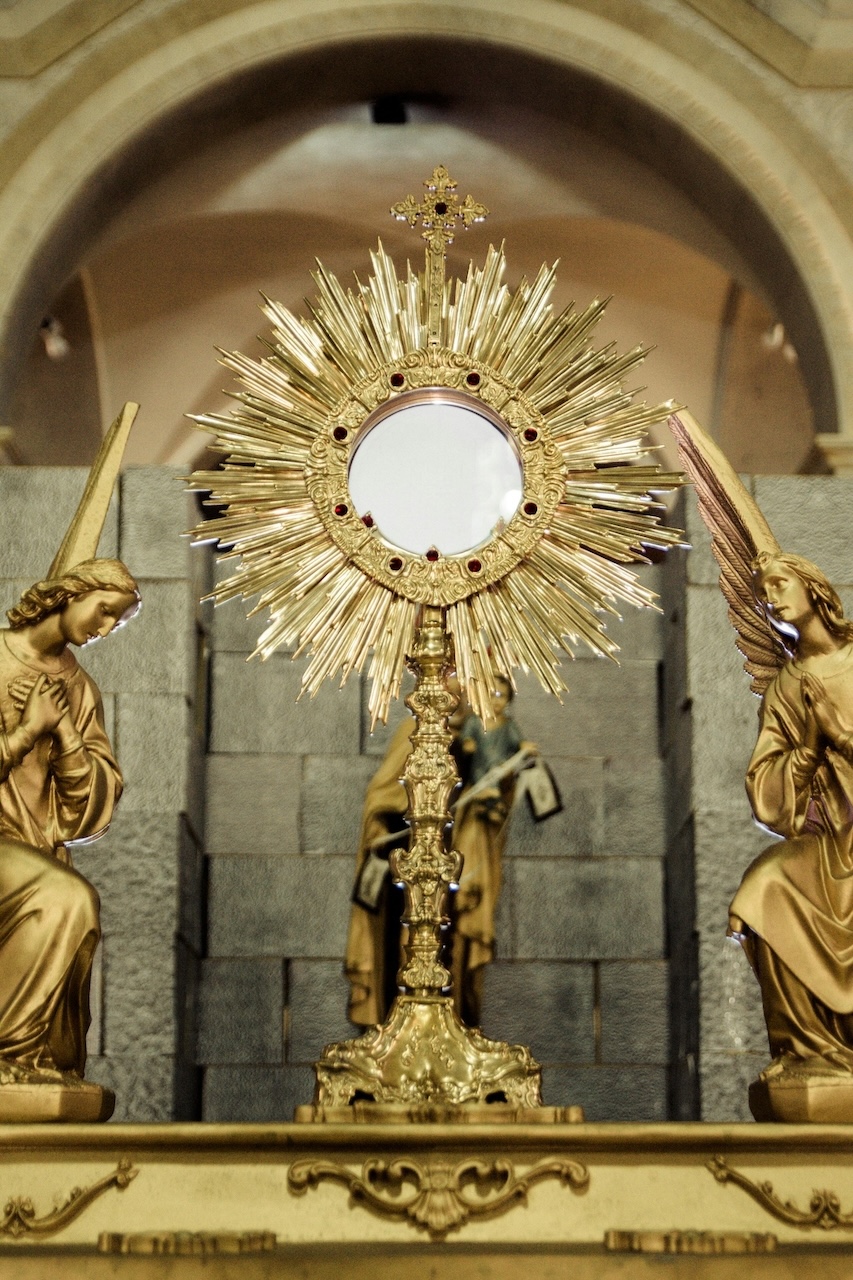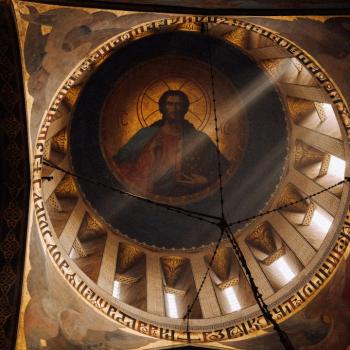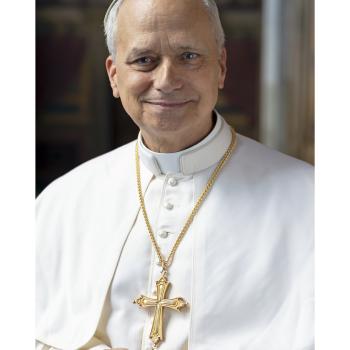During the Second World War, Karol Wojtyla, the future Pope John Paul II, would gather with friends from university to declaim and act out famous literature to celebrate their Polish heritage. They founded the Rhapsodic Theater as a means of cultural resistance against the Communist regime after the war. The Soviet Union wanted to erase Poland and by clinging on to their heritage and culture, they avoided losing themselves in the myriad of Soviet republics. They had a strong sense of community.
We can gain a sense of community from a sports team, or family, or a shared hobby. Community is deeper, however, when we gain the sense from shared values such as those that come from the faith. As a Church, it is worthwhile asking ourselves if we are truly a welcoming community. Too many people make the experience of St. Paul in the first reading. “When Saul arrived in Jerusalem he tried to join the disciples, but they were all afraid of him, not believing that he was a disciple” (Acts 9:26). The Eucharist is the key to community in the Church. If we want thriving communities, we need to form Eucharistic culture.

Confronting Community
Too often, instead of finding a welcoming group of persons when visiting a new church, newcomers face a sort of “Berlin Wall” when trying to approach the community. They are outsiders and to be treated as such. Perhaps there is not even any conscious decision to exclude them, but we prefer to continue in our own familiar circles and do not welcome newcomers. Some sociologists suggest that American society is undergoing a “great dechurching.” 40 million Americans have left churches and religious institutions over the course of the last 25 years.
Culture and Community
Community has to be about more than just culture but should include culture. There is a Catholic culture that we should be proud to promote. At the time of his conversion, Saul was dealing with a Christianity that was almost entirely Jewish. He became the “Apostle to the Gentiles” and had to show the Church leaders that Christian culture was more universal than Jewish culture. It is more important to be Christian than to follow Jewish cultural norms. To put it in the terms of today’s Gospel, it is to be “united to the vine.”
Vine and Branches
For a plant to flourish, it must be whole and integral. The same happens with the Church. We need roots, stock, and branches to be united so that the organism as a whole can be healthy. In the Church, we are all called to be united to the source and summit of holiness in the Church, which is the Eucharist. For us to be united to Christ in the Eucharist, we have to make sure that we maintain a life of grace. When we become aware of serious or grave sin in our life, we have an obligation to seek out the sacrament of reconciliation to enter once again into communion with Christ and his Church.
Catholic Culture
The greatest expression of Catholic culture is the Mass. If we are going to appreciate the Mass fully, we should do everything we can to understand it. Some people go to Mass to worship God. They are seeking to unite themselves to the vine. Others go to Mass because they are “trying to get something out of it.” They almost always fall away. We go to connect with God. This is why it is so important to recognize the value of the Mass. If we look at it as merely a symbolic representation, we quickly lose interest. If we look at it as something vital that restores life-giving energy to us, then we start to feel the anticipation and desire that help us to live our faith more deeply.
The Eucharist, as Christ’s saving presence in the community of the faithful and its spiritual food, is the most precious possession which the Church can have in her journey through history. This explains the lively concern which she has always shown for the Eucharistic mystery (Pope John Paul II, Ecclesia de Eucharistia, 9).
United to the Vine
Jesus is present to us through the Eucharist. It is like the vine and the branches. We need to be connected. We should want to receive the Eucharist frequently in Communion. But it is not enough to simply come to Mass and enter into the Communion line. We should make sure that we have the proper disposition to receive Jesus in the Eucharist. Think about the words “I love you.” They can be the most impressive words in the English language when we say them with meaning. They can also, however, be devoid of meaning when we have allowed their motivation to die in our heart.
Through the grace of the sacrament, we receive the Eucharist. But the good that this does us, the actual grace, depends on how well we have prepared ourselves for this miracle. The Eucharist can be source and summit of community when we all believe and participate actively in the Eucharistic celebration. Then, those around me receive the same Jesus who becomes our principle of unity. The Eucharist is Catholic culture. The Eucharist creates community. If I receive the Body of Christ, and you receive the Body of Christ, something much greater than either one of us unites us. This is more powerful than sharing a cultural heritage or a common language. We become members of the same Body. The Eucharist is the key to community.
What do you think? Comment below.
Subscribe to the newsletter to never miss an article.













